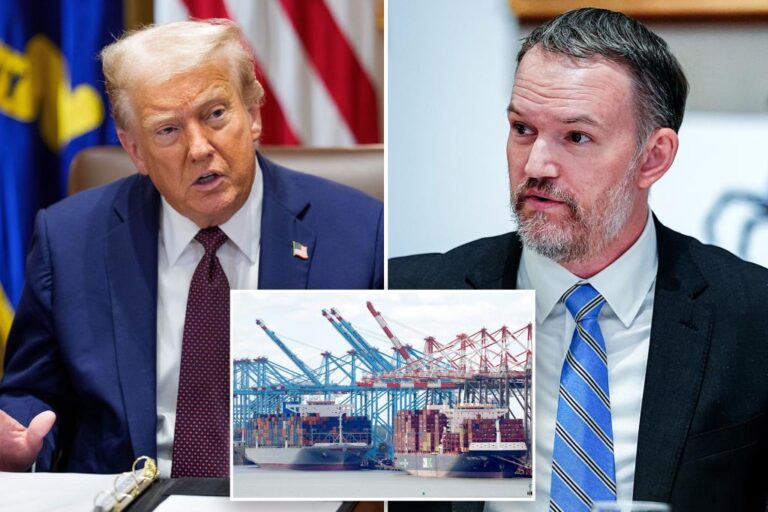Trump Administration Continues Trade Talks Despite Court Ruling
U.S. Trade Representative Jamieson Greer confirmed on Sunday that the Trump administration is maintaining negotiations with international trading partners, even in light of a recent court ruling deeming many of President Trump’s tariffs illegal.
Ongoing Negotiations with Global Partners
In an interview with Fox News’ “Fox & Friends,” Greer emphasized that U.S. trading partners are actively engaging with the administration, stating, “People are moving forward with their deals, regardless of what this court may say in the interim.” While he refrained from naming specific countries involved in discussions, he did mention recent conversations with a trade minister.
Legal Challenges to Tariffs
The Appeals Court ruling poses a significant challenge to a key aspect of Trump’s foreign policy, which has relied on imposed tariffs to exert political influence and renegotiate trade agreements. This strategy has also contributed to increased volatility in financial markets.
Court Decision Details
The U.S. Court of Appeals for the Federal Circuit ruled in a 7-4 decision that while Congress grants the president considerable authority during a national emergency, it did not explicitly authorize the imposition of tariffs or taxes. This ruling pertains to tariffs established under the Reciprocal Tariff Act and those against nations like China, Canada, and Mexico, but does not affect tariffs enacted under other legal provisions.
Trump’s Response and Future Plans
President Trump criticized the court’s decision, announcing plans to appeal to the U.S. Supreme Court. The appeals court has allowed the tariffs to remain in effect until October 14, providing time for appeals to be filed. Experts suggest that the administration has anticipated this ruling, preparing alternative strategies for ongoing tariff enforcement.
Strategic Options Going Forward
Trade experts, including Josh Lipsky from the Atlantic Council, indicate that the Trump administration has various backup plans to implement tariffs, regardless of the court’s outcome. One possibility includes invoking Section 338 of a 1930 trade law, permitting the president to impose duties of up to 50% on imports from countries found discriminating against U.S. commerce.
Public Sentiment and Business Concerns
In a social media post, Trump expressed optimism about the potential for tariffs, suggesting a “big year ahead for the USA” contingent on court approval. White House trade adviser Peter Navarro also expressed confidence that the predominantly conservative Supreme Court will support the administration’s stance on tariffs. Meanwhile, Republican Senator James Lankford of Oklahoma has highlighted the need for a swift resolution to prevent instability affecting businesses.
Conclusion and Future Outlook
As the discussions around tariffs continue, the U.S. administration’s approach is set against a backdrop of legal scrutiny and market volatility. The outcome of the Supreme Court’s decision will be pivotal for both the American economy and international trade relations.
